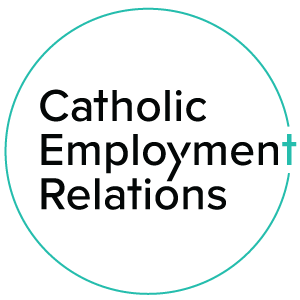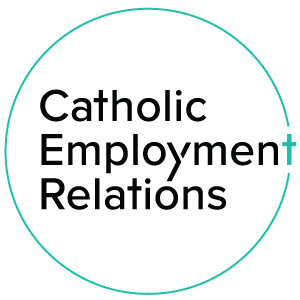Workplace bullying - a case study example
General Protections: Hawkesbury Racing Club ordered to pay over $2.8 million for Workplace Bullying
In March of 2017, after 25 years of continuous service, Vivian Leggett terminated her employment from the Hawkesbury Racing Club due to the relentless bullying and harassment she experienced at the hands of its then-new CEO, Greg Rudolph.
Leggett was a sponsorship and marketing manager who had worked at the Club continuously since the early 1990s, and left in March of 2017. This month, a judge ordered her employer to pay $2.8 million in damages. It was found that Leggett is permanently incapacitated, suffering from a very serious psychiatric illness that may never be cured, resulting from the CEO’s abusive, aggressive, unreasonable and intimidating behaviour.
Bullied out of the workplace
In May of 2016 — two days into his new job — CEO Greg Rudolph confronted Leggett and suggested that she was ‘earning too much money’. He sent her repetitive emails in relation to the legitimacy of certain expenses (which were in fact routine) and unnecessarily requested that she document every aspect of her role and her commission-based package.
That July, Leggett advised several board members that she was ‘losing sleep’, as a consequence of the CEO’s bombardment. She followed by writing a formal complaint to the board, in which she indicated that the situation was ‘untenable’.
Doctor’s reports revealed her feelings of depression, fatigue, anxiety, a sense of worthlessness and suicidal thoughts. She terminated her employment in March 2017, accepting the club's repudiation of her contract.
The court rulings
Nine months after leaving the club, Leggett received $120,000 as a worker’s compensation payment for psychological injuries.
Justice Rares held that the conduct of the CEO met the SafeWork Australia definition of workplace bullying, namely: ‘repeated and unreasonable behaviour directed towards a worker... that creates a risk to health and safety.’ It was held that the obviously demeaning and increasingly intense nature of the CEO’s conduct was such that a reasonable employer ought to have been aware of the risk of injury.’
Leggett was awarded the maximum figure under the Act – $2,300 per week escalated annually at 2% until age 67, with adjustments for change in quality of life.
Justice Rares noted that the compensation can be awarded for breaches of both the Fair Work Act and the Worker’s Compensation Act – simultaneously.
The sum of $200,000 was awarded — in addition to the previous $120,000 — as Fair Work compensation, for loss of unpaid entitlements.
What this means for your organisation
This case serves as a clear message to employers and organisations that an employee who has suffered psychological injury from bullying and harassment, can recover Fair Work compensation in addition to damages for psychological and or physical injuries. It is simply essential that there is a zero tolerance to bullying and harassment, that the bar is set high and that leaders and employees walk the talk.
In January 2022, the defeated Club accepted the resignation of its three remaining directors and is now under the conduct of an administrator. The abhorrent behaviour of the CEO has led to the demise of the organisation.
On 7 June 2022, the Federal Court ordered the Hawkesbury Race Club to pay Leggett over $2.8 million, after ruling that she was deliberately bullied out of her job by her former boss, Greg Rudolph.
Managing psychosocial hazards in the workplace
It is essential for employers and organisations to take allegations of bullying seriously and to be proactive in monitoring and responding to the risks that are posed by bullying. Bullying and harassment are defined as psychosocial hazards. From 1 October 2022, amendments to the Work Health and Safety Amendment Regulation 2022 (NSW) (‘the Regulations’) impose an explicit obligation on persons conducting a business or undertaking (PCBUs) to manage and control psychosocial risks in the workplace. Regulations impose a positive duty on PCBUs to manage those risks in the same way that they would manage physical risks, and to implement control measures. PCBUs are now legally obligated to turn their minds to addressing mental health in the workplace.
If you would like to learn more about preventing bullying and harassment within your organisation, learn about your legal obligations in this space or need support or assistance with fostering and enabling positive psychological health and safety in your workplace, we are happy to assist. Please do not hesitate to contact our friendly team via our website www.cer.catholic.org.au via email enquiry@cer.catholic.org.au or contact us on (02) 9189 5999.
Disclaimer
The content of this article is intended to provide a general guide to the subject matter. Specialist advice should be sought in relation to your specific circumstances.
Sources:
Leggett v Hawkesbury Race Club Limited (No.4) [2022] FCA 622 ( 30 May 2022)
Hawkesbury Race Club ordered to pay more than $120k over workplace bullying, Sydney Morning Herald 31 December 2017

